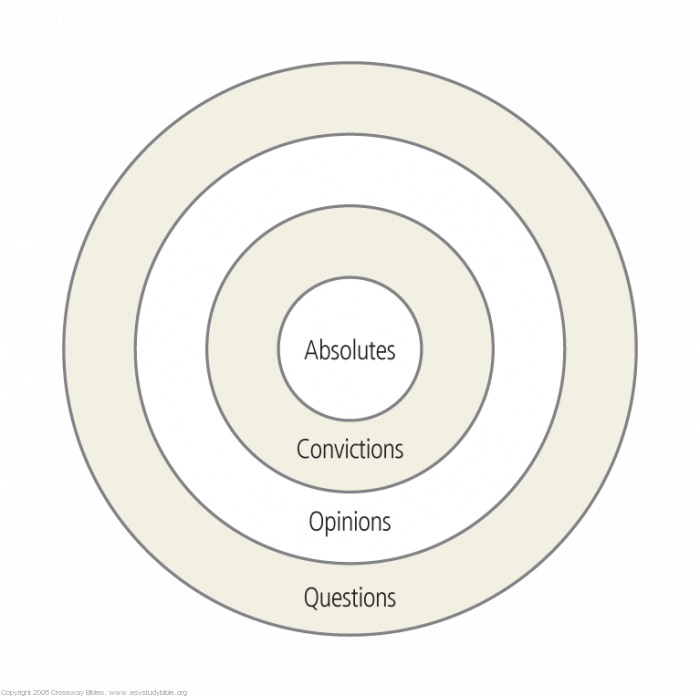There are a lot of Christian denominations out there, and every single one claims to be the most correct. Roman Catholics claim an unbroken chain of apostolic succession from Jesus Christ himself, Reformed Christians generally follow the theological teachings of John Calvin, and Evangelicals try to go straight to the Bible for instruction. Latter-Day Saints believe that they’re all wrong, and that Joseph Smith’s radical interpretation of Christianity represents the real truth.
It’s no surprise, then, that denominational differences can lead to conflict. Today these mostly plays out in formal debates or arguments on social media, but once upon a time such conflict was much more dangerous. The Thirty Years War, waged between European states from 1618 to 1648, was one of most devastating wars in western history prior to the 20th century. The conflict began as a dispute between Catholics and Protestants over who would rule the Holy Roman Empire.
The Peace of Westphalia that concluded the war established the right of European princes to lead their people in the religion of their choice (that is, Catholic or Protestant) without risk that a neighboring kingdom would claim the right to topple them because of it. That treaty laid the foundation for the modern system of nation states, one which is now under the threat of totalitarian globalism.
During the war, a German theologian named Rupertus Meldunius said something profound about relations between Christians: “In essentials, unity, in non-essentials, liberty, in all things, charity.”
You can picture this hierarchy as a series of concentric circles, with the most important on the inside, as in this example from Crossway:
The point of this exercise is that you have to decide which ideas are worth arguing over, which are not, and most importantly, in which contexts. Which of your beliefs are absolute deal breakers? Which are worth fighting for? Which are worth dying for? Only you can answer those questions for yourself, based on your own convictions and denominational environment.
There’s no question that all areas of modern society have become extremely polarized. We have a tendency to put every single issue in the center circle, mark them as “essential”, and then vigorously debate anyone who disagrees. Churches that otherwise agree on major doctrinal issues end up splitting over differing views of Creation, of eschatology, or the style of music in a worship service. Like Monty Python’s People’s Front of Judea, we explicitly look for reasons to set ourselves apart from fellow Christians:
This obviously happens in politics too. I think we all have a temptation to put every single issue we care about into the “essentials” category and then fight those who disagree. Unfortunately, this inevitably leads to a constituency of one as we excommunicate potential allies one at a time. It’s easy to be united when you’re all by yourself. Don’t let unity be a self inflicted wound because you discarded liberty and forgot about charity.
There is a hierarchy in these issues. If your view of the end times is the hill on which you will die, what happens when it’s time to debate the nature of the incarnation of Christ? Same with politics — if you go scorched earth on a minor issue like a tax rate or one particular regulation, what energy and capital will you have left to defend the unborn or fight back against the next unconstitutional lockdown?
As you move forward with your project in life, remember Rupertus Meldunius and his formulation. Think seriously about what are your absolute essentials, and resist the urge to put everything in that center circle. Eventually we’re going to have to work together.




